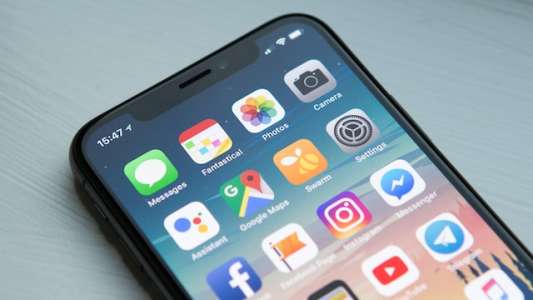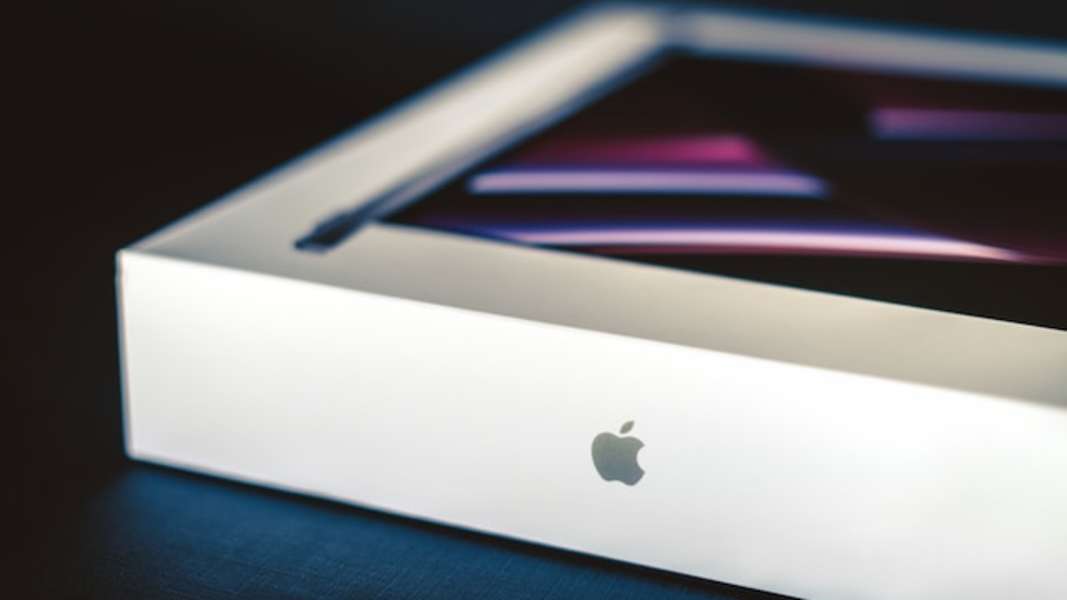What Is an iOS Developer Interview?
An iOS developer interview is a specialized job interview aimed at assessing a candidate’s technical skills, experience, and knowledge relevant to developing applications for iOS devices such as iPhones, iPads, and iPod Touches. Companies hiring iOS developers conduct these interviews to ensure they hire qualified professionals capable of creating high-quality applications for their end-users.
Why Is It Important?
The importance of iOS developer interviews lies in the fact that they help evaluate which candidates have the necessary skills, experience, and knowledge to develop applications effectively for iOS devices. It ensures a company hires the best-suited candidate based on their requirements and projects they will be working on.
The Format of an iOS Developer Interview
The format of an iOS developer interview is likely to include a combination of behavioral, technical, and practical questions. Besides discussing your work experience and past projects, you may be asked to demonstrate your knowledge of iOS development concepts, programming languages, and tools used in the field.
As with most job interviews, it’s a good idea to prepare for these interviews by familiarizing yourself with some of the most common questions asked during such interviews. Additionally, our comprehensive employer guide can help you learn more about specific companies and their recruitment processes. When answering interview questions, consider using the STAR interview method to structure your response effectively.
10 Questions You Might Be Asked in an iOS Developer Interview:
1. Can you explain the difference between Objective-C and Swift?
This question aims to test your knowledge about the two primary programming languages used for iOS development. Objective-C is an older language that was primarily used before Swift, which is the newer, more advanced language developed by Apple. To answer this question, discuss the similarities and differences between the languages, their syntax, their speed and performance, and any other aspects that distinguish them.
2. Can you describe the Model-View-Controller (MVC) pattern and its role in iOS development?
MVC is a design pattern commonly used in iOS development to organize an application’s code, ensuring a separation of concerns and facilitating easier debugging and maintenance. Your answer should explain the three components, their roles, and how they interact with each other to create a cohesive application structure.
3. What are the different ways to manage memory in iOS?
As an iOS developer, it’s crucial to understand the intricacies of memory management to optimize your applications. Your answer should discuss the different techniques iOS developers use to manage memory, such as Automatic Reference Counting (ARC), weak and strong references, the autorelease pool, and the use of optional variables to minimize memory usage.
4. What are some key features of the iOS app lifecycle?
Knowing the typical app lifecycle is essential for developing and debugging iOS applications. Your answer should discuss the various states an app can be in, events that trigger state changes, and how these changes allow developers to implement additional functionalities throughout the lifecycle. You can discuss the concepts of foreground, background, and inactive states as well.
5. How would you handle a situation where apps with different layouts are needed for iPhone and iPad devices?
This question aims to assess your adaptability and resourcefulness as an iOS developer. You can discuss using size classes, Auto Layout, and Storyboards to create different layouts for iPhone and iPad devices. Talk about how understanding the different screen sizes and devices can help optimize the user experience for each device.
6. What are Grand Central Dispatch (GCD) and its benefits?
GCD is a multi-threading library provided by Apple that enables developers to manage concurrent execution of tasks in their applications. Your answer should explain how GCD helps improve app performance by distributing heavy workloads across different cores and processing units, ultimately improving responsiveness and user experience.
7. What are protocols in iOS development, and how do they differ from interfaces in other programming languages?
Protocols are a crucial element of Swift programming, playing a role akin to interfaces in languages like Java or C#. Your answer should explain what protocols are, their purpose in creating code that’s flexible, reusable, and modular, and the primary differences between protocols in iOS development and interfaces in other programming environments.
8. How do delegates work within the iOS development ecosystem?
In iOS development, the delegate pattern enables one object to delegate a task to another object while maintaining a clear separation of concerns. Your answer should cover what delegates are, how they’re implemented, and why they’re essential for ensuring flexibility, efficiency, and maintainability within an application’s architecture.
9. What is the difference between UITableView and UICollectionView?
This question assesses your understanding of UI components in iOS development. Explain that UITableView is a scrollable list of items in a single column, usually used to display data within grouped or non-grouped sections. On the other hand, UICollectionView presents a customizable and flexible way to display items in a grid-like layout with multiple rows and columns. Discuss when you might use each component and any crucial differences in their implementation.
10. How do you ensure the quality of your code during development?
Your answer should emphasize your commitment to producing clean, efficient, and maintainable code. Discuss the importance of using source control like Git, conducting regular code reviews, implementing standard coding practices, and using continuous integration tools to ensure your code remains up-to-date and performant.
Additionally, if you’re preparing for an interview with Apple, you can check out our useful guide to gain even more insight into their hiring process.


